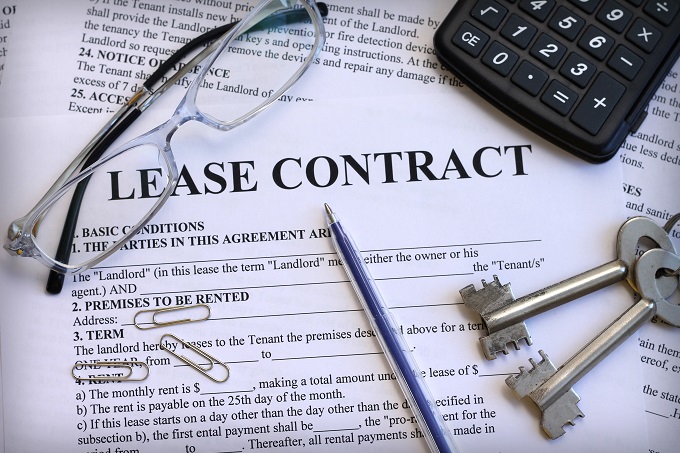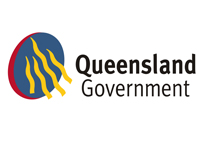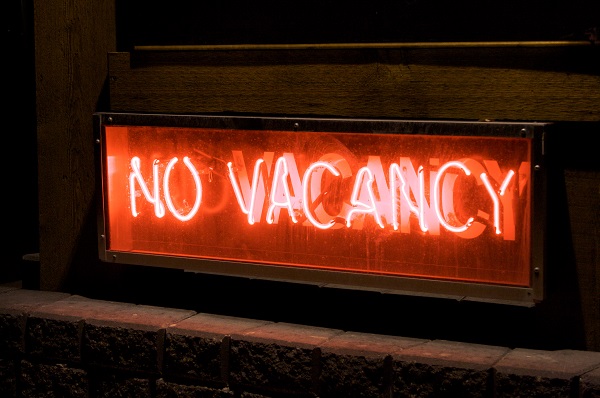
Op-ed: What the accom industry need to know about PM’s Mandatory Code and Commercial Leases
Given rent is one of the biggest expenses for an accommodation business, it is important to look at how Australian landlords and tenants can negotiate their commercial lease arrangements during COVID-19.
Last week, the Prime Minister released the draft National Cabinet Mandatory Code of Conduct – SME Commercial Leasing Principles During COVID-19 to deal with commercial and retail leasing issues arising from COVID-19.
Here a few key takeaways landlords and tenants within the accommodation sector should consider:
Is the Code enforceable?
Despite the use of the term “mandatory” in the title, it is unclear how the Code is currently enforceable. The Code will need to be implemented in state and territory legislation and it is unknown when that will occur and how much of the Code in its current form will in fact be implemented.
The Queensland Government has issued a statement that it will consult with stakeholders on the development of systems and implementation of the Code in Queensland. Statements have also been released that it will take other steps to assist landlord and tenants during the crisis.
Generally, how will the Code be applied?
The Commonwealth Government intends that the Code will apply to all commercial and retail leases in Australia. However, at the same time the Code recognises that “all premises are different, as are their commercial arrangements” and therefore “it is not possible to form a collective industry position”.
There is a question as to whether parties are to have a strict or flexible approach to the Code depending on the circumstances of each party in the lease on a case by case basis.
How long will the Code apply?
No one is certain how long the COVID-19 pandemic will last, or more importantly for the purposes of the issues dealt with the Code, the financial consequences on business will last.
It is uncertain whether the Code comes into effect with the need for state and territory legislation. It is also uncertain how long the Code will apply with reference made to the period to which the JobKeeper Programme will apply and more generally to the period of “the impact of the COVID-19 pandemic” and “a reasonable recovery period”.
Who does it apply to?
The Code will apply to Tenants:-
- 1. With annual turnovers less than $50 million; and
- 2. Who suffer financial stress or hardship as defined by the eligibility for the Commonwealth JobKeeper programme which requires a fall in turnover by more than 30%.
What are the Overarching Principles?
The Overarching Principles in the Code appear to be a set of aspirational guidelines intended to set the tone of the negotiations for the parties in their approaches to satisfy the objective of the Code “to share, in a proportionate, measured manner, the financial risk and cashflow impact during the COVID-19 period, whilst seeking to appropriately balance the interests of the tenants and landlords”.
What are the Lease Principles?
The Lease Principles are intended to be more strictly applied by the parties in negotiating their arrangements. The strict application of these principles is in tension with the enforceability and applications issues discussed above.
The Lease Principles deal with issues such as:-
- 1. Restrictions on terminating leases;
- 2. Commitments to perform lease obligations;
- 3. Offers of rent reductions by way of waiver and deferrals;
- 4. Reduction of statutory charges and sharing benefits of loan deferrals; and
- 5. Freezing rental increases.
Conclusion
The key takeaways for parties to Hotel/Motel leases are:
- 1. The parties should seek legal advice to understand their rights and obligations under their lease, the Code and any other legislative changes in the current environment.
- 2. Tenants should be getting their financial information in order.
- 3. The parties should be open and forthcoming in the negotiations to ensure a quick and cost-effective resolution.
- 4. The parties should ensure that any agreement they reach is properly documented to ensure the parties understand their respective rights and obligations going forward and any risk of future disputes is minimised.
Each negotiation should be conducted on a case by case basis taking into account the particular circumstances of the parties.
Parties are encouraged to communicate with each other at an early stage and record any agreements made in a formal document. Verbal agreements and “handshake” deals in such uncertain times are risky for both parties.
The information in this blog is intended only to provide a general overview and has not been prepared with a view to any particular situation or set of circumstances. It is not intended to be comprehensive nor does it constitute legal advice. While we attempt to ensure the information is current and accurate we do not guarantee its currency and accuracy. You should seek legal or other professional advice before acting or relying on any of the information in this blog as it may not be appropriate for your individual circumstances.
David Adolphe, Special Counsel with Hillhouse Legal Partners






